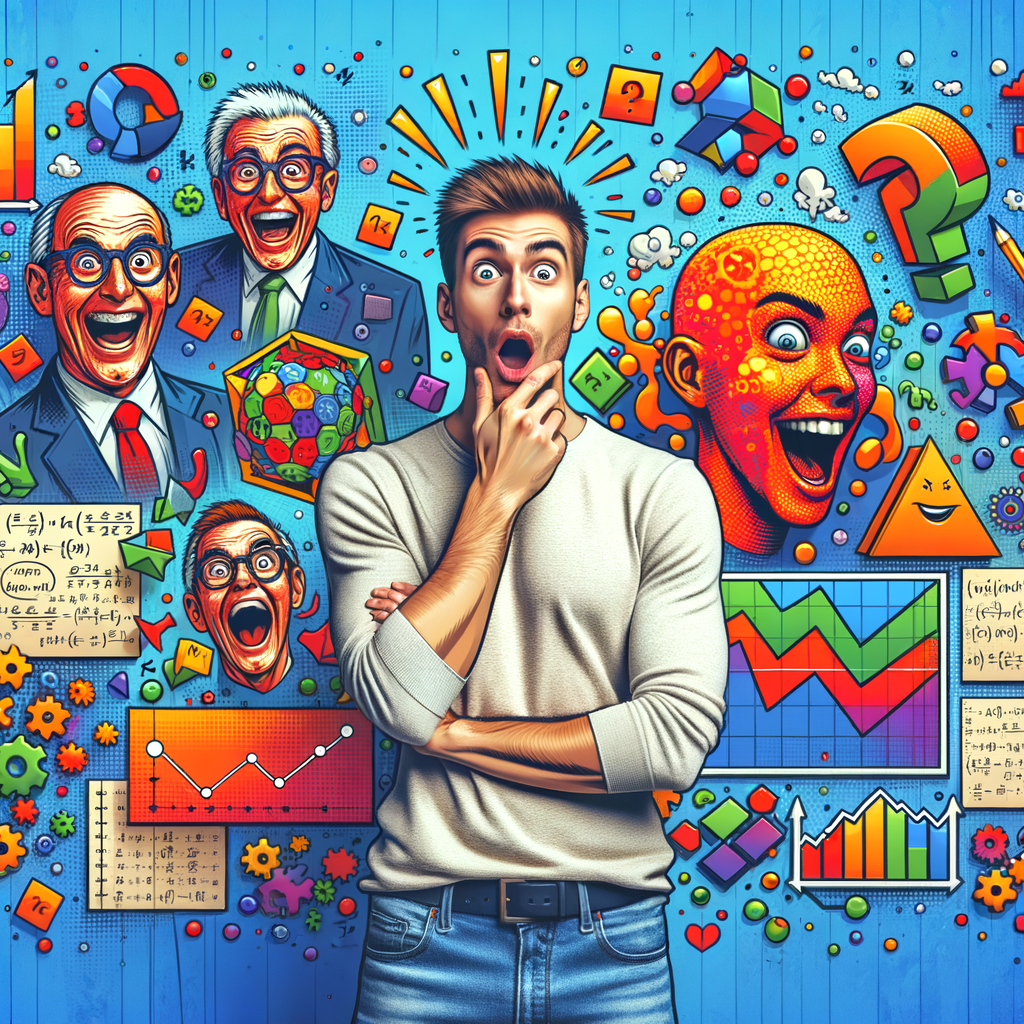AI Demystified: Breaking Down the Top 10 Misconceptions
 TJ Gokken
TJ Gokken
With the increasing amount of information on AI and its technological developments, misconceptions about artificial intelligence (AI) are also on the rise. These misunderstandings may obscure the actual capabilities and limitations of AI technologies and hinder us from utilizing them to their maximum potential.
Let's look at some popular misunderstandings about AI and uncover the truth behind them.
Artificial Intelligence Can Think Like Humans
AI technologies, like machine learning and deep learning, allow systems to carry out tasks that imitate human intelligence. Nevertheless, artificial intelligence does not possess self-awareness, emotions, or consciousness. It functions based on algorithms and data-driven models, and although it can replicate decision-making, it lacks the natural human skills of intuition and ethical thinking.
AI Will Replace All Jobs
Many people fear that AI will result in widespread unemployment. AI is eliminating and will continue to eliminate repetitive and monotonous tasks, which means it will replace those jobs. However, it will also create new and unexpected employment opportunities, as is common with any new and innovative technology. Artificial intelligence improves human abilities, boosting efficiency and effectiveness while not completely taking over human tasks.
AI is Flawless
The quality of the data used for training AI is very important as it includes biases and inaccuracies so will the AI outputs. We are already seeing these limitations leading to errors and unexpected outcomes, proving that AI is not flawless.
AI Understands Context
Even with major progress in NLP (Natural Language Processing), AI frequently faces challenges with grasping context and nuances of human language. This is especially noticeable in activities that include sarcasm, humor, or cultural allusions, as they can be misinterpreted by artificial intelligence systems. Developers are constantly striving to enhance AI's contextual comprehension, yet it still poses a major obstacle.
AI Can Learn and Adapt On Its Own
AI systems have a type of "learning" capability in improving their algorithms through the data they study. Nevertheless, they do not have the independence to adjust to unfamiliar situations without human assistance. Humans must reassess their models or offer additional training data to facilitate AI adjustment. This restriction is especially noticeable in fast-changing dynamic settings.
AI Is Impartial and Free From Bias
AI's impartiality depends on the quality of the data it is provided with. As this information is produced by people, it may contain historical, societal, or inadvertent biases. These prejudices can cause AI systems to make choices that benefit one group more than another. Guaranteeing equity in AI requires meticulous data curation, consistent bias auditing, and the creation of algorithms able to identify and mitigate bias in their functions.
AI Will Result in a Future Controlled by Robots
The focus on robots taking over in the future often overlooks the useful and cooperative role of AI in improving human abilities. AI and robotics are capable of automating certain tasks, however, their purpose is to enhance efficiency and address intricate issues in collaboration with humans, rather than displacing human leadership and creativity.
AI Only Impacts Jobs In The Tech Industry
The influence of AI extends to sectors beyond technology, impacting industries such as weather prediction by analyzing weather patterns better, finance to detect fraudulent activities, and creative fields to assist in art and music composition. Having a thorough grasp of the various impacts of AI can help professionals in different fields prepare for a future where AI skills will be necessary in a variety of jobs.
AI Understands Everything It Processes
While AI systems can process vast amounts of information and recognize patterns faster than humans, they do not possess understanding in the human sense. AI lacks awareness of the content or context—it processes data as instructed without any comprehension of the significance or implications of that data.
More Data Always Result in Better AI
While it's true that large datasets can help improve AI accuracy, the quality of the data is crucial. Poorly curated data can introduce noise and irrelevant information that degrades the performance of AI models. Effective AI development focuses on the relevance, and cleanliness of the data as much as, if not more than, the sheer volume.
In summary:
Comprehending the truths of AI assists in maximizing its advantages and recognizing its constraints. By debunking these misconceptions, I hope to promote a more precise comprehension of AI's impact on society and advocate for its careful employment. As AI progresses, our understanding and expectations of its capabilities should also advance leading in more realistic outcomes.
Subscribe to my newsletter
Read articles from TJ Gokken directly inside your inbox. Subscribe to the newsletter, and don't miss out.
Written by
